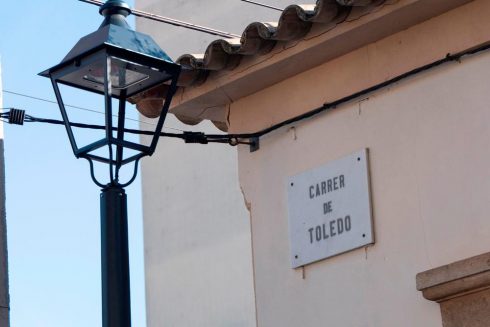‘In this world, nothing is certain except death and taxes’ – Benjamin Franklin
Never a truer word spoken, and quite honestly a depressing one!
Part of my role as an adviser is to seek ways to help people minimise their tax liabilities throughout their life, from structuring their pension income, to ensuring investments are appropriately wrapped to offer tax efficiency, it’s a continuous task! But what about when someone dies?
It’s not always possible to give a definitive answer to this question. What makes it more challenging is the fact that for most people reading this, it’s likely you were born in a different country to where you are likely to die and this brings the complex issue of domicile.
This is where your birth country might have a final claim on your assets on death, depending upon whether they consider you domicile.
There have been some quite famous cases over the years, one in particular always springs to mind – Richard Burton, the silver screen celebrity of the 50s, 60s and 70s.
Burton was born in Wales and lived for many years in the USA before moving to Switzerland, where he ended his days. Switzerland has many attractions, tax is one of those, particularly for the wealthy! Burton was no exception. He didn’t own any assets or derive any income from the UK and thought he’d be able to legitimately avoid UK inheritance tax by dying in Switzerland.
This wasn’t the case, and the UK tax authorities made an inheritance tax claim on his estate on the grounds that Burton had never actually been able to relinquish his UK Domicile. According to some, their claim was based on Burton apparently having a Welsh flag draped on his coffin, thus proving his heart was still in Wales, resulting in HMRC receiving a whopping £2.4 million from his estate.
What this tells us is that trying to shake off domicile in order to avoid UK inheritance tax can be very difficult. For expats like Burton, the situation can be very complicated.
This is clearly an extreme case and very likely that Burton had planned to die in a country which benefited him from a tax position which gave him a very compelling reason to lose his UK domiciled status. For many of us this really isn’t necessary, but it does raise the question of whether your assets will attract unnecessary tax on death.
Inheritance tax in the UK is based on the persons estate and has a tax-free threshold of £325k, plus generous allowances for your primary residence. In Spain, this is very different and works on a beneficiary-based system, where the tax-free amounts differ depending upon the relationship between the deceased and their beneficiaries – i.e., husband and wife, parent and child. It is much harder to mitigate against IHT in Spain, but there are ways to structure your assets to reduce the tax liabilities on death.
When we advise our clients, we not only consider the immediate tax requirements, but what will be best for them and their beneficiaries in the long term. If you think you might benefit from a review of your assets, call us for a free, no obligation consultation on +34 965 641 163, email [email protected], or visit www.chorusfinancial.es for more information.












